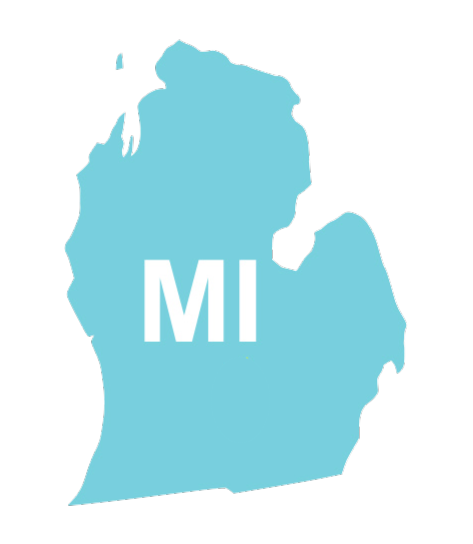Drug and Alcohol Intervention in Michigan
Newman Interventions has helped countless families in Michigan. Our family intervention team has helped families in Troy, Midland, Novi, Grand Rapids, Warren, and many other cities in Michigan. The first step always begins with locating a suitable drug rehab center in the state and ensuring financial options are explored. Contact our toll-free number or fill out a callback form for an immediate consultation.
The Family Intervention Process
When the interventionist comes to meet the family, there is more time spent educating the family and planning everything out in detail. The family education day is important and happens the day before the intervention takes place. Things such as the location, the time it is taking place, and who will be there are talked about. It is the professional interventionist’s job to prepare the family for everything that is going to come. The more information the family can provide us about the addict, the easier it is to prepare.
When the intervention happens, there is a process that takes place. If some family members have traveled into town and have not seen others in years, it’s important to know this is not a social event. The purpose of everyone being there is to help save a life. There will be one member of the group who will deliver the addict to treatment when they say yes, or this could be the interventionist. The seating of the intervention is also planned out for the addict to be in the middle of it all. Close to the addict will be the people they care for most and respond to.
All the members of the intervention have to work together and constrain the movements of the addict. The intention needs to be there that the family means business and wants to save their life. The interventionist will introduce themselves, and the family will start to read the letters. It is the job of the interventionist to look for who is making the biggest impact. Any number of reactions can happen, but that is why Newman Interventions are there.
Tips For Families Doing A Family Intervention in Michigan
- Contact a professional interventionist for advice and guidance.
- Have a drug rehab center arranged before organizing a family intervention.
- More treatment options are in larger cities like Detroit, Gran Rapids, or Warren. Still, there are extensive resources spread throughout the state. It can be ideal to go to a different location for help.
Is There Affordable Drug and Alcohol Rehab in Michigan?
There are numerous affordable substance use treatment programs in Michigan. Our first step with a family is helping them find a suitable drug and alcohol rehab program within their budget. Generally, private health insurance or Medicaid covers some of the costs involved. It is also common for drug rehab centers to offer payment options to their clients.
Substance Abuse and Addiction Trends in Michigan
A significant problem in the state is binge drinking. According to a binge drinking report, binge drinking among men does not change. Approximately 21% of youth and 24% of adult men report binge drinking. However, female binge drinking decreases with age. Approximately 11% of adult women binge drink compared to 21% of female youth. Overall, more youth reported binge drinking than adults. However, binge drinking remains stable throughout adulthood and decreases after the age of 44. Adults were more likely to have three or more binge drinking events in the past 30 days than youth. Also, binge drinking tends to lead to other addiction problems like abusing street drugs or prescription drugs.
Sources https://www.michigan.gov/documents/mdch/Youth__Adult_Binge_Drinking_Fact_Sheet_342124_7.pdf

Call us for help:
(833) 918-0008


